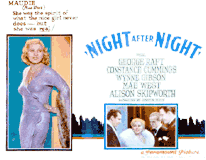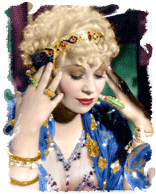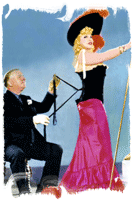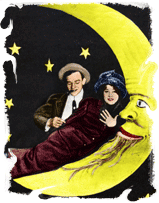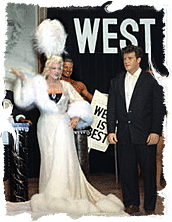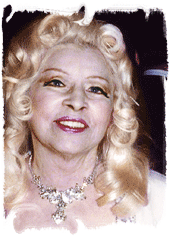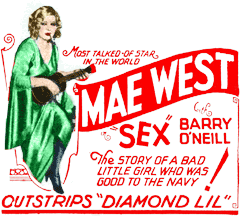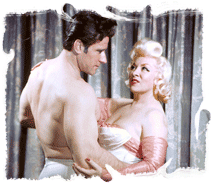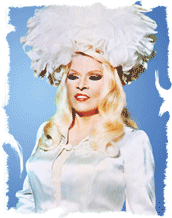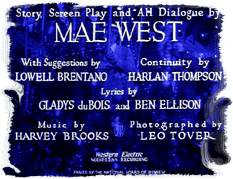Mae West was once the highest paid woman in the USA. In her first film, "Night After Night", made in 1932, she quite simply took the cinema by storm. Her “act” was that of a wise-cracking, glamorous, successful and sexually predatory woman who was the centre of attention and who, by the end of the film, had had all the men and owned everything in sight, especially the diamonds!


